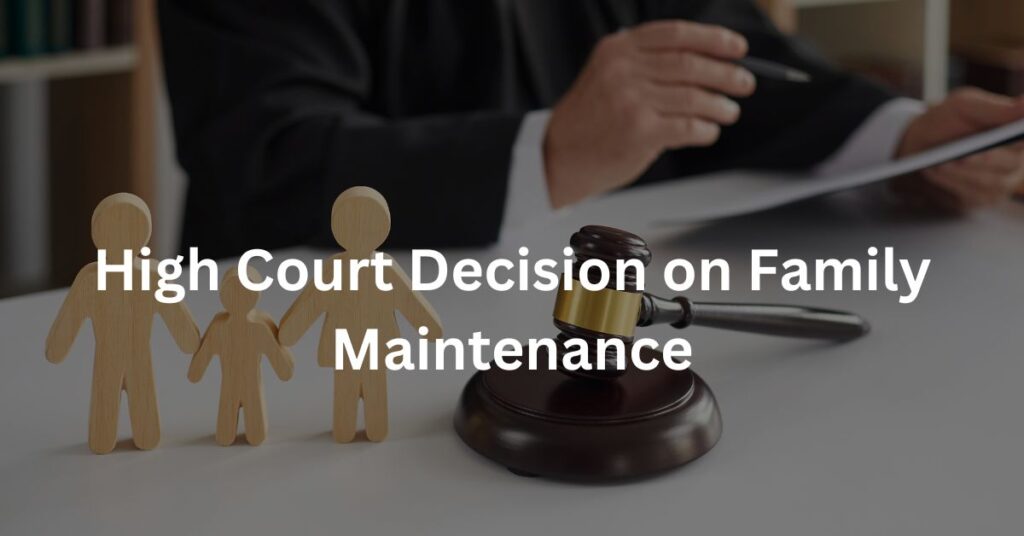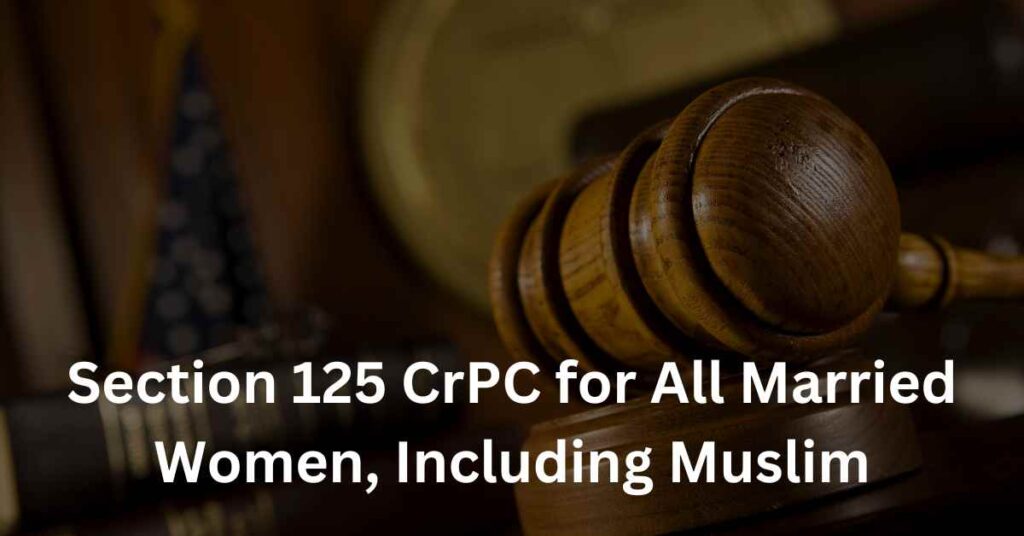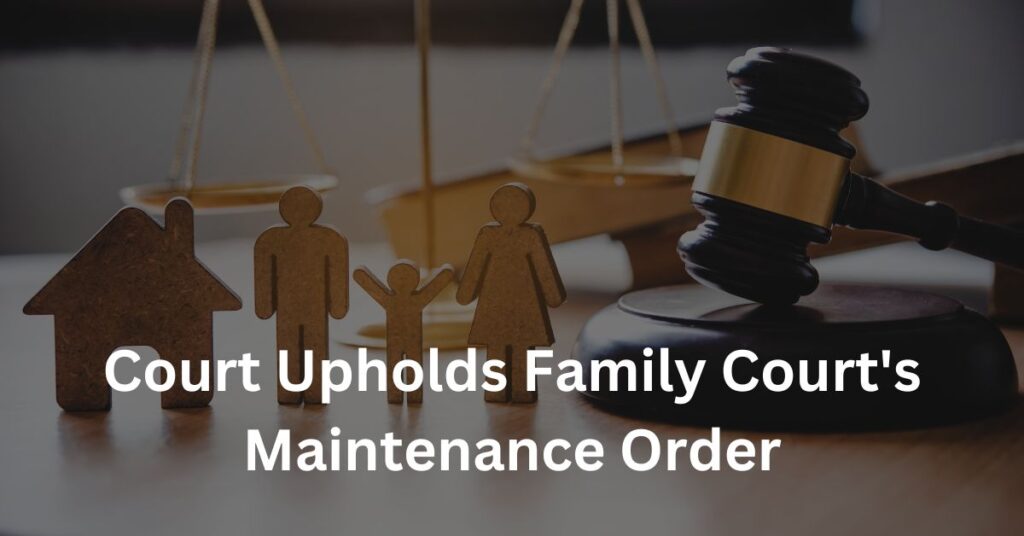In the ever-evolving landscape of family law, the intricacies of spousal support often take center stage. The recent judgment in the case of MAT.APP.(F.C.) 201/2023 & MAT.APP.(F.C.) 202/2023, delivered by the High Court of Delhi on 07th August 2023, has shed new light on the delicate issue of “maintenance to husband from wife.” This landmark ruling not only delves into the legal dimensions but also highlights the societal dynamics and evolving gender roles. In this article, we embark on a comprehensive journey through the judgment, dissecting its key elements and implications under seven illuminating headings.
Table of Contents
ToggleUnderstanding Maintenance under Indian Family Law
Maintenance, in the context of family law, refers to the financial support provided by one spouse to the other during matrimonial litigation. It is a provision designed to ensure that both parties have the means to sustain themselves during legal proceedings. While often associated with providing financial aid to wives, the MAT.APP.(F.C.) 201/2023 & MAT.APP.(F.C.) 202/2023 judgment shifts the focus to the less explored aspect: maintenance to the husband from the wife.
The Background: Unraveling the Dispute
The case under scrutiny involves Mr. Mohit Mittal as the appellant/husband and Ms. Kanika Jain as the respondent/wife. The husband’s applications under Section 24 of the Hindu Marriage Act, 1955, sought maintenance and litigation expenses due to his wife’s multiple litigations against him, including a divorce petition. The court’s verdict hinged on a careful analysis of the husband’s claims and the respondent’s refutations.
The Role of Section 24: Equal Application to Both Genders
A cornerstone of this judgment is the interpretation of Section 24 of the Hindu Marriage Act, 1955. Unlike the common perception of maintenance as a remedy exclusively available to wives, this provision recognizes the gender-neutral nature of matrimonial litigation. It permits either spouse, regardless of gender, to claim maintenance from the other based on financial need and earning capacity.
The Burden of Justification: Balancing Earning Capacity
The court’s deliberation emphasizes the principle of equitable justice. It underscores that maintenance claims must be grounded in justifiable reasons and should consider the respective earning capacities of both parties. This marks a significant departure from conventional notions and reinforces the idea that maintenance is not a one-sided prerogative.

Husband's Claim: Striking a Balance Between Need and Capability
Mr. Mohit Mittal’s claim for maintenance and litigation expenses unveils a complex narrative. His contentions revolve around challenges arising from his wife’s litigations, including job loss and mental distress. His pursuit of a law degree further complicates the equation, raising questions about his earning potential and financial dependency.
Wife's Response: Disputing Claims and Affirming Equality
The respondent, Ms. Kanika Jain, contests her husband’s assertions, highlighting his qualifications and capabilities. She challenges the narrative of financial dependency and mental distress, underscoring his active involvement in legal proceedings. This exchange of arguments underscores the evolving gender dynamics in maintenance cases.
Court's Observations and Verdict
- Appellant completed a Bachelor of Engineering in Production and Industrial Engineering from Delhi College of Engineering in 1999.
- Appellant worked for various companies until losing his job in July 2017.
- Appellant pursued LLB from Campus Law Centre, Delhi University, and enrolled as an Advocate in 2022.
- Appellant’s father invested in shares and debentures, approx. Rs. 20,00,000/-.
- Appellant, a well-qualified engineer, used to earn more than Rs. 2,00,000/- per month until July 2017.
- Appellant’s claim of having no financial support is questioned due to prior savings.
- Appellant, highly educated and law graduate, considered capable of self-sustainment and earning.
- Appellant’s claim of being unable to work due to depression contradicted by active court participation.
- While respondent wife is also qualified and earns well, appellant’s qualifications and past earnings suggest capability.
- The court dismissed the appeals (MAT.APP.(F.C.) 201/2023 & MAT.APP.(F.C.) 202/2023) and held that the appellant’s maintenance and expense claims have been rightfully dismissed by the Family Court.


